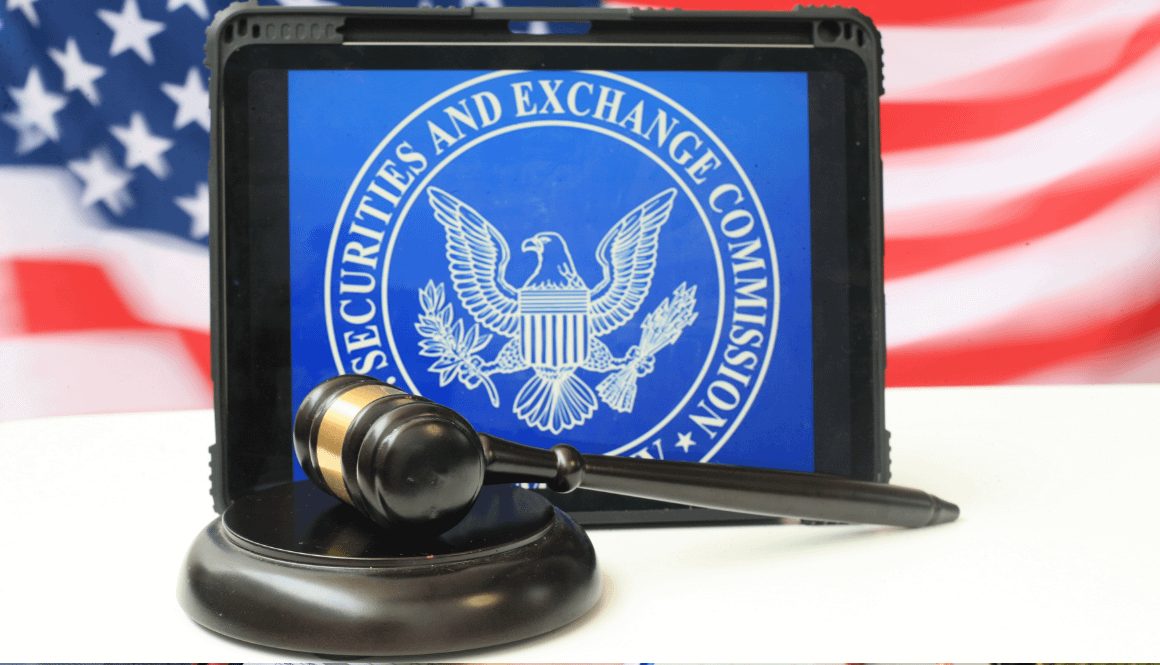Table of Contents
SEC Compliance for Financial Advisors: What’s Changing in 2025?
As 2025 unfolds, financial advisors face an increasingly complex and evolving regulatory landscape. The Securities and Exchange Commission (SEC) is pushing forward with a series of new rules and proposals that will impact how advisors manage data, communicate with clients, utilize technology, and protect investor assets. Staying ahead of these developments is essential—not only for avoiding costly penalties but also for maintaining trust and delivering value in a compliance-driven environment.
Here’s what financial advisors need to know about key SEC compliance updates in 2025:
1. Data Privacy and Cybersecurity: New Regulation S-P Requirements
Amendments to Regulation S-P, which went into effect in mid-2024, are now being actively enforced. These changes place a sharper focus on data privacy and client notification requirements:
- Advisors must enhance their written policies and procedures to safeguard nonpublic personal information.
- Incident response plans must include timelines for notifying affected clients after data breaches.
- Cybersecurity programs need to be well-documented, regularly tested, and aligned with SEC expectations.
Action step: Conduct a cybersecurity audit to identify vulnerabilities and update breach response protocols.
2. AML Compliance: Customer Identification Rules Coming
In 2024, the SEC and FinCEN jointly proposed a rule requiring RIAs and exempt reporting advisers to implement Customer Identification Programs (CIPs). These rules are expected to be finalized in 2025 and will apply similar AML obligations to advisors that broker-dealers have followed for years.
- Firms will need to verify the identity of clients before account openings.
- Documentation and reporting procedures must be in place to detect and prevent money laundering.
Action step: Review your firm’s AML policies in preparation for broader enforcement.
3. Predictive Analytics and AI: Managing Conflicts of Interest
The SEC is addressing the growing use of artificial intelligence and predictive data analytics in investment decision-making and client communication.
- Proposed rules require advisors to identify, eliminate, or neutralize conflicts of interest that may arise from technology-driven recommendations.
- Disclosures and internal controls must show that client best interest remains the priority—even when algorithms are involved.
Action step: If your firm uses AI-based tools or digital engagement platforms, evaluate how they influence client outcomes and document any potential conflicts.
4. Enhanced Custody Rule: Safeguarding More Than Just Securities
The proposed amendments to the Custody Rule expand the definition of “assets” under custody to include crypto, real estate, and private securities, triggering new safeguarding responsibilities.
- Advisors must ensure that any custodied asset is held with a qualified custodian.
- Additional requirements may include segregation of assets, written agreements, and surprise examinations.
Action step: Reassess custody arrangements and custodial agreements—especially for clients with non-traditional assets.
5. Recordkeeping & Off-Channel Communication: Enforcement Ramps Up
The SEC continues to crack down on firms using unapproved communication channels, such as WhatsApp, iMessage, or personal email, for business-related discussions.
- Several major firms have already paid millions in penalties due to improper recordkeeping.
- Advisors must ensure that all business communications are captured, archived, and compliant with books and records requirements.
Action step: Reinforce communication policies and deploy approved tools that automatically archive interactions.
6. Cash Sweep Programs Under Scrutiny
In early 2025, the SEC levied significant fines against major institutions for failing to act in clients’ best interest when designing cash sweep programs.
- The SEC is now closely monitoring whether advisors are properly disclosing sweep options, associated yields, and conflicts of interest.
Action step: Review all cash sweep programs and update disclosures to reflect transparency and fiduciary alignment.
7. Regulatory Tone Shift: SEC Leadership Changes
SEC Chair Gary Gensler stepped down in early 2025, with former commissioner Paul Atkins nominated to take his place. Atkins has historically taken a more industry-friendly stance, which could signal a moderation in the SEC’s enforcement tone, but advisors shouldn’t expect a regulatory rollback just yet.
Action step: Keep an eye on regulatory messaging and public comments from the SEC for insight into enforcement trends.
Final Thoughts: A Year for Proactive Compliance
2025 is shaping up to be a pivotal year for financial advisor compliance. From technology oversight to privacy protections and client communication, the SEC is raising the bar across the board. Advisors who take a proactive stance—by reviewing policies, investing in compliance infrastructure, and engaging their teams—will be well positioned to navigate the year ahead with confidence.
Checklist for Advisors in 2025:
✅ Review and update cybersecurity and data privacy programs
✅ Prepare for new AML and client identification obligations
✅ Evaluate AI tools and conflict of interest policies
✅ Ensure custody practices comply with expanded definitions
✅ Audit communication channels for compliance gaps
✅ Reassess cash management and disclosure practices
✅ Monitor shifts in SEC leadership and enforcement tone







